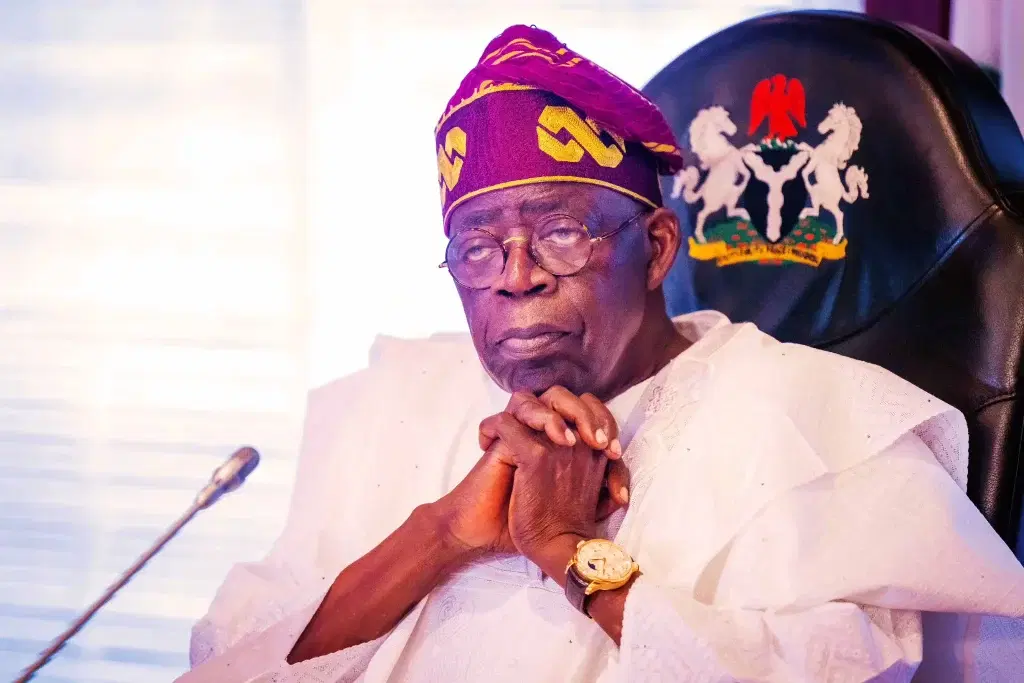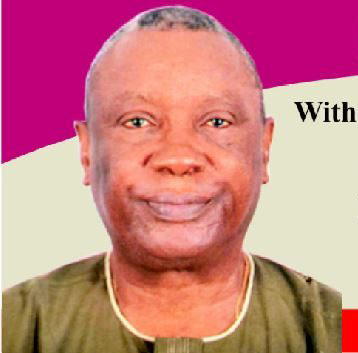
Experts Advocate Urgent Need to Infuse Global Education into Nigerian Curriculum , ,
With learning gone beyond reading and writing, education policy makers have been urged to infuse a global education system into the country’s curriculum.
They said that the recommendation was based on their observation that Nigerian graduates are ill-equipped to navigate a globalized workforce.
Having attended the National Association of Student Personnel Administrators (NASPA) annual conference 2025 recently at New Orleans, Louisiana, USA, Damilola Atanda, argued that in an era where knowledge, technology and human capital move effortlessly across borders, the country cannot continue to educate youths without equipping them to thrive in the interconnected landscape.
According to her, “primary schools should introduce students to world cultures, global citizenship and digital collaborations that connect them with peers in other nations. Secondary schools should incorporate foreign languages, international case studies and virtual exchanges that promote real-time cultural dialogue. Universities must partner with international institutions, promote student and faculty exchange programmes, organise alternative break trips abroad, integrate global leadership and intercultural competence into their curriculum.”
Damilola, who currently works with the Kansas Academy of Mathematics and Science, and Academy of Mathematics and Science (KAMS/AMS), opined that education is more than reading, writing or solving mathematical equations. She described it as the passport to global competitiveness, leadership, innovation and societal progress.
“Why must a Nigerian child wait until they are privileged enough to study abroad before learning how to engage with diverse cultures, global issues, and international opportunities?
Imagine a young girl in Lagos collaborating on a virtual science project with peers in Japan or Germany.
“Imagine a student in Abuja learning about conflict resolution through case studies on global diplomacy. These are not distant dreams; rather these are happening in countries that have embraced global education as an essential part of learning.”
She noted that global education goes beyond adding a few international books to the syllabus, saying that it involves cultivating global perspectives, intercultural communication, cross-cultural understanding and preparing students for leadership in a diverse world.
“Without this, we risk raising a generation disconnected from the realities of a globalized economy and society.
Countries like India, China, and South Korea have recognised that integrating global education is a direct pathway to economic growth and innovation.
“Nigeria must not be left behind. A globally competent graduate will be better positioned to attract opportunities, create solutions that transcend national boundaries, and contribute meaningfully to the national and global economy.”
“If Nigeria is serious about addressing unemployment, bridging innovation gaps, and strengthening its role on the global stage, the time to act is now.”
, Education – THISDAYLIVE, April 9, 2025, 12:33 am












